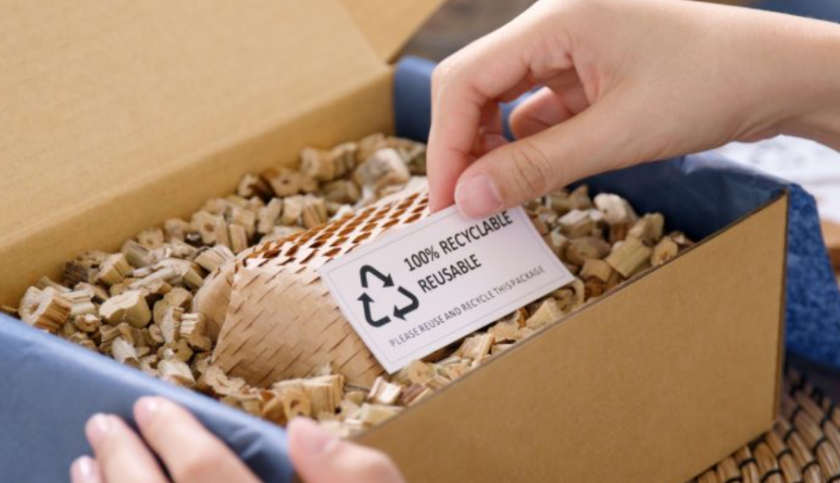Single-use water bottles are going away. They’re just not practical for an eco-friendly future. And some places have gone aggressive in their means of limiting waste, like Canada’s plan to ban all single-use plastics nationwide by 2021.
However, necessity is the mother of invention, after all. And one startup has found a way to keep the convenience of a single-use water bottle without the ill effects on the Earth.
Cove, a California-based company, received financial backing to create a water bottle made entirely from biodegradable materials, including the cap, label and adhesives. The product is set for a small launch in December, and a wider release in stores in January, according to the Philadelphia Inquirer.
#LosAngeles based @Cove has designed a biodegradable water bottle, another great example of our region's innovation and leadership in #sustainability that addresses global challenges: https://t.co/ItOvuurObg
— LAEDC (@LAEDC) October 8, 2020
This isn’t the first attempt at eco-friendly single-use, which we’ve seen with products like boxed water. But, it’s the first plastic water bottle that’s biodegradable that we’ve seen.
“We brought on board one of the leading global [Polyhydroxyalkanoates (PHA)] scientists as our chief science adviser,” Alex Totterman, founder of Cove, told the Inquirer. “He’s been in R&D at DOW chemical and the huge traditional polymer companies for the last 20, 30 years, and is now partly retired, but he is still helping us.”
The major hurdle they had to deal with was the fact that finding a plastic material that was fully biodegradable wasn’t easy. Who would’ve thought?
Totterman found a plastic supplier in Georgia that could make bottles from biodegradable polymer pellets, but the problem of the cap and label still remained. Also, the problem with using PHAs is that they’re opaque, so it could be something that turns away potential customers on an aesthetic level if they’re used to a clear plastic bottle.
After years of research and what Totterman said was “starting from scratch,” they have a bottle that breaks down in less than three months in industrial compost, under five years in the ocean or open land fill, or less than a year in a home compost system.
“We’re hoping people are more interested in doing the right thing sustainably,” Totterman told the Inquirer. “Especially if we can make it close enough in cost to the price they are paying for water now.”
This relates to the current system in Canada, where the government is making sure to only ban products that have existing, affordable alternatives. Not everyone is carrying around metal straws while they’re out and about, but businesses can start carrying paper straws. This, too, would alleviate the need to carry around a refillable plastic water bottle if someone doesn’t want to, but still removes the environmental issue of single-use plastic bottles.


